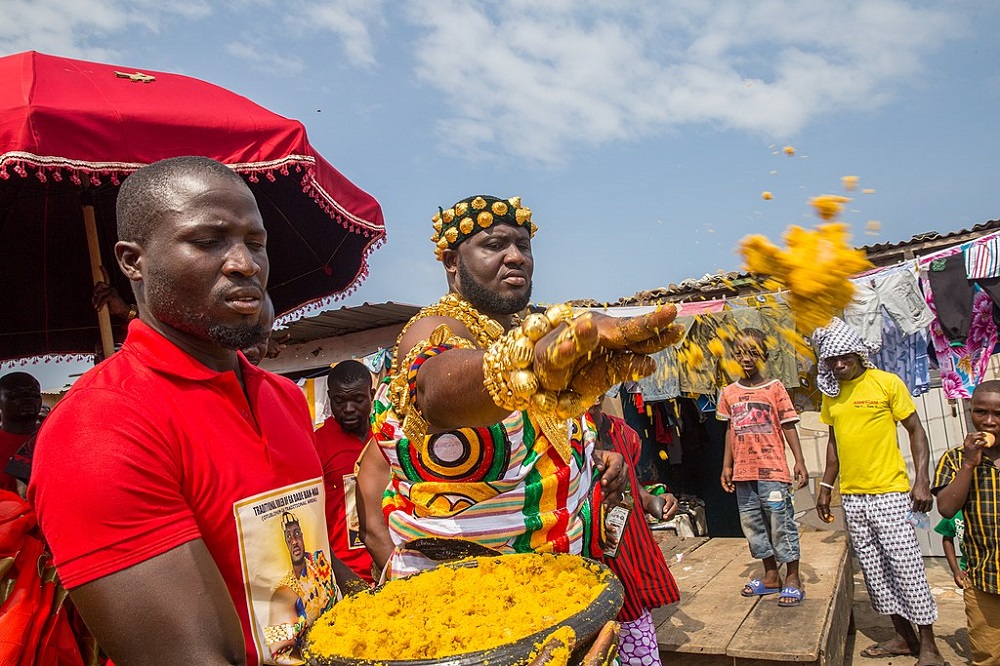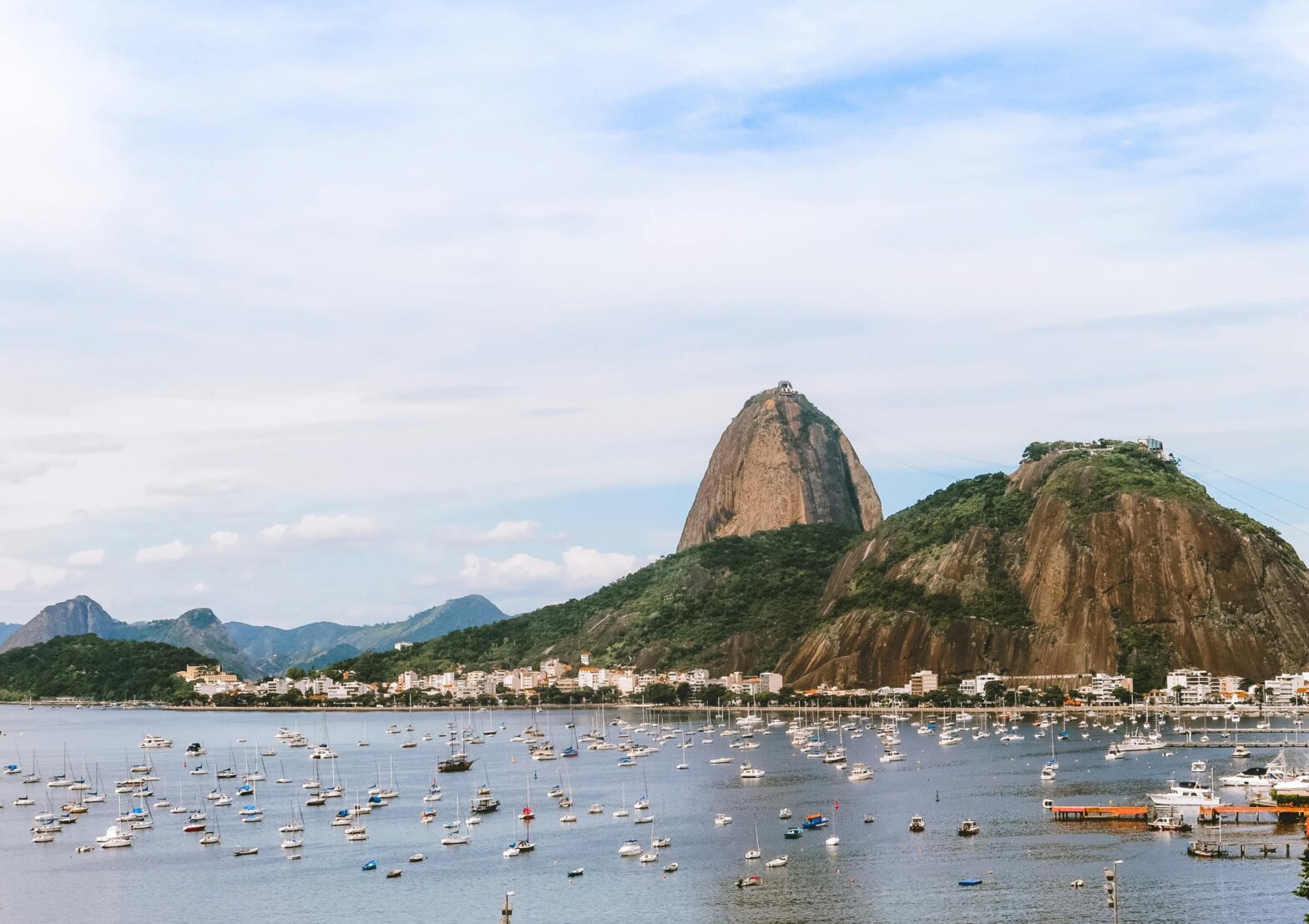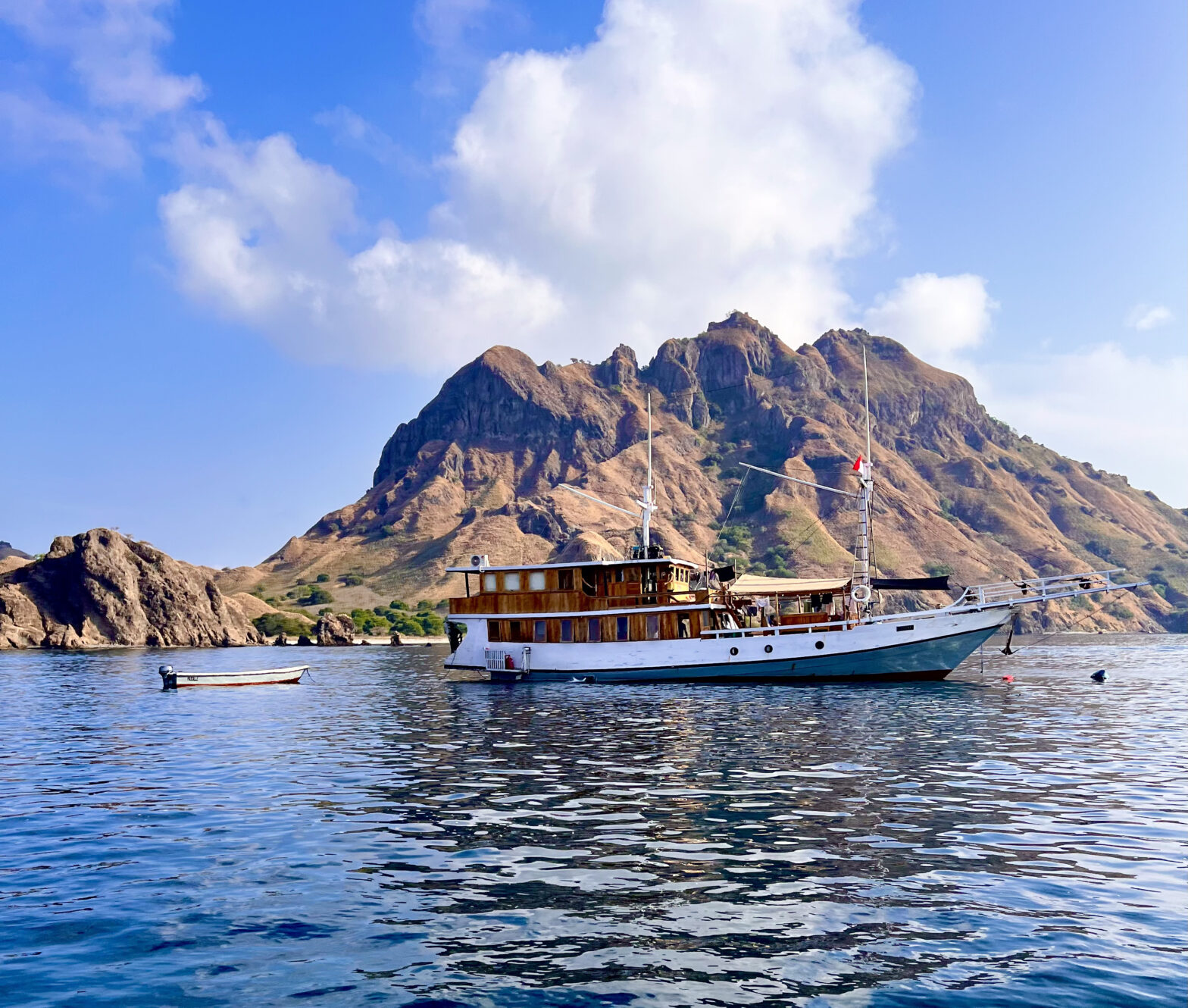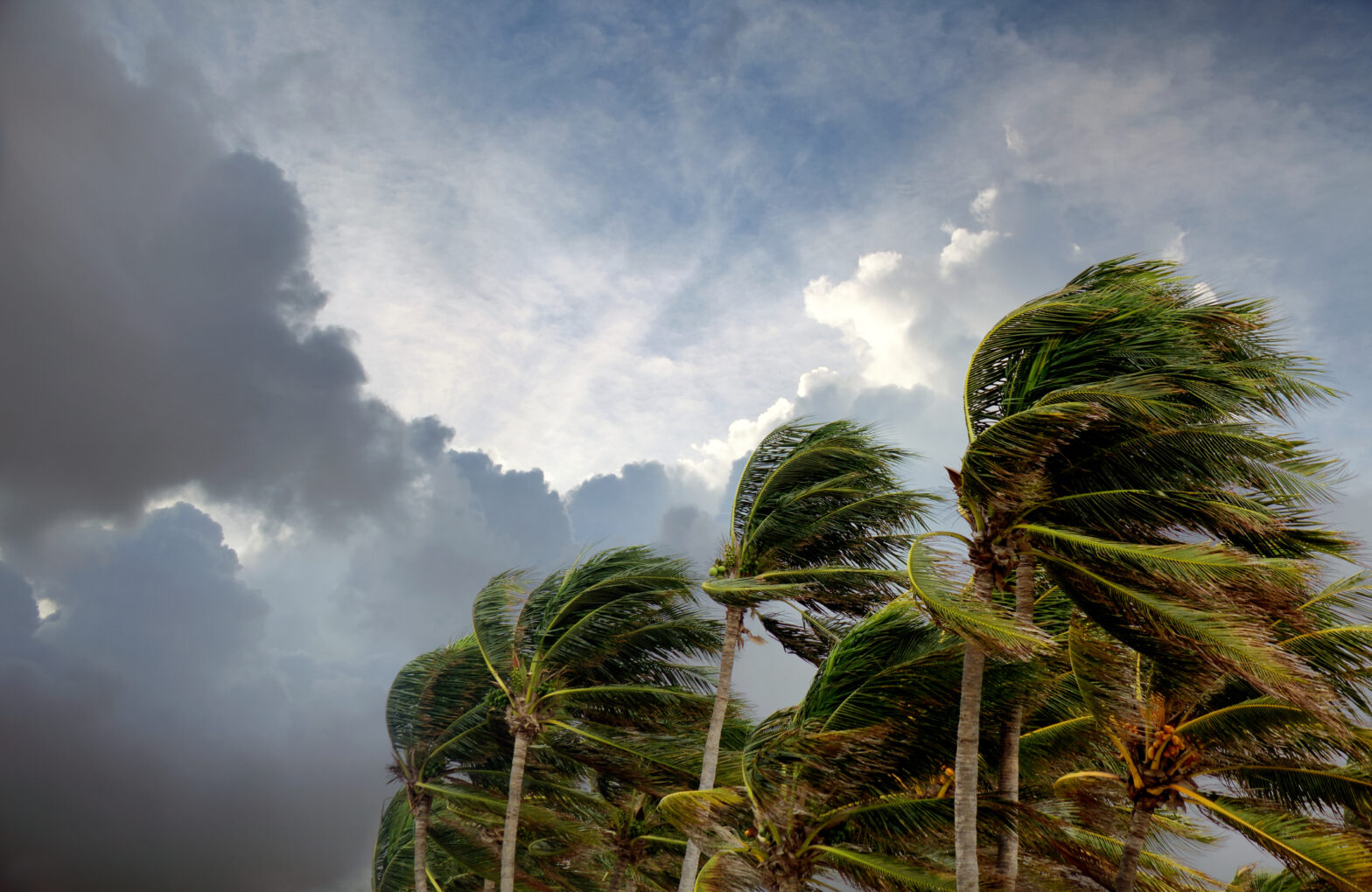As Thanksgiving passes, and we prepare for Christmas, we wanted to highlight a holiday celebration that takes place every year in Ghana. The Homowo Festival is one of the largest cultural festivals of its kind in Africa.
Homowo festival celebrations start with the blessing of crops as they are sown, followed by a series of dances and rituals until the harvest is reaped and the ‘Thanksgiving’ feast is shared.
This festival dates back to the 16th century, when the Ga people suffered many hardships, including a severe famine, during their travels across Africa. They celebrated their first harvest in Ghana with a feast, and a tradition was born. Homowo literally means “hooting at hunger”.
Homowo goes on for about 3 months, starting in May and going until August usually— but sometimes as late as September. The actual Homowo harvest feast is always on a Saturday, but the exact date varies from year to year. Similar to Thanksgiving, Homowo is a festival of food.
The start of the festival begins when the first crops are sown. One of the first crops, millet, is blessed by the traditional priests ahead of the rainy season in May. This is then followed by a series of rituals to mark the festival season. Among these rituals is a 30-day ban on drumming, and a few days of rest leading up to the feast where no land is worked or fishing is allowed. In rituals like these, the Ga prepare to concentrate on their crops and calm the sea gods.
Harvest, usually in late September, marks the end of the celebration. There are multiple groups in the Ga tribe, therefore celebrations can take place at various times. In June, after planting the crops, making noise becomes unacceptable. The Ga people believe that noise may affect their crops and scare away the spirits of their ancestors. This period of so-called ‘ban on drumming’ goes on for a month. Playing drums in churches is forbidden, and bars and nightclubs close.
Every year the chief priests designate The ‘Homowo Day’. Usually, it takes place on a Saturday in August.

Thousands of Ga pilgrims travel from all around the world to Accra to visit their homeland and families. The actual celebration begins on the Thursday before Homowo Day (hence the ‘Thursday People’).
On Friday night (Homowo Eve) gun fire often fills the streets. This is a way of reminding people to stay at home, as the Ga strongly believe that this is the night when spirits of the dead roam the streets.
On Saturday (Homowo Day), after the family feast, it is time for marching down roads, face painting, drums and Homowo dance. It begins with the priests drumming on their knees which symbolizes the ‘hooting the hunger’ centuries ago, and it ends with a joyous dance for everyone.
Men and women wear whatever they like (even each other’s clothes sometimes). They dance, sing songs and happily celebrate.
Sunday or ‘Noowala Day’ is more of a family day where everyone visits their relatives and exchange new Ga year’s greetings.
Homowo is a Ga tradition, but other ethnic groups are welcome to join the celebration.
Traditional dishes that are made for the Homowo feast are palm nut fish soup and a corn powder dish. The day of the actual feast is followed by dances and parades throughout the towns, which lasts several days. Most of the households have enough food to last for weeks.
The Homowo traditional dish is ‘kpekpei or kpokpoi’. It is made from steamed and fermented corn meal and palm oil.





